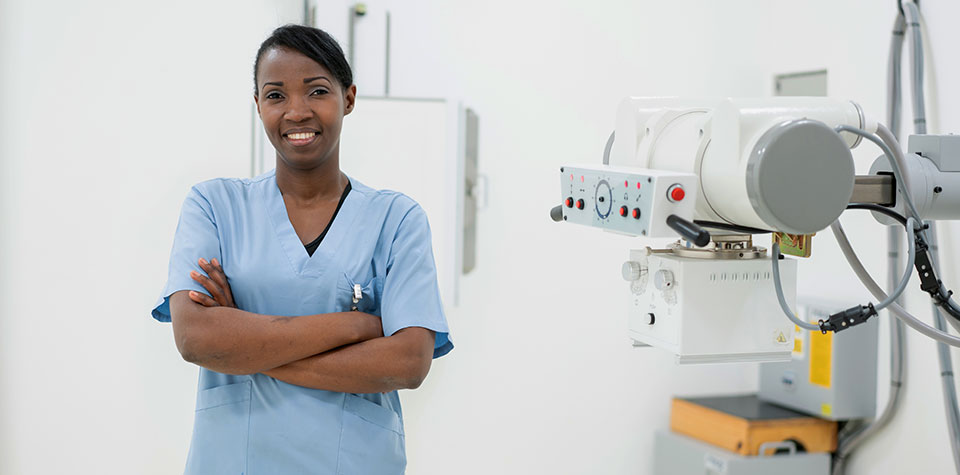X-Ray Technician: Your Healthcare Technology Career
X-ray technicians play a crucial role in the healthcare industry, providing essential diagnostic imaging services to patients. If you're considering a career in this field, understanding the training process is key. From educational requirements to clinical experience, this article explores the path to becoming a skilled X-ray technician and the exciting opportunities that await.

Educational Foundations: Building Your Knowledge Base
The journey to becoming an X-ray technician begins with a solid educational foundation. Most programs require a high school diploma or equivalent for entry. Aspiring technicians can choose between associate’s degree programs or certificate programs, typically lasting two years or 18-24 months, respectively. These programs cover essential topics such as anatomy, physiology, radiation physics, and imaging techniques.
Curriculum Deep Dive: Theory Meets Practice
X-ray technician training programs blend classroom instruction with hands-on learning. Students delve into subjects like patient care, radiation safety, and equipment operation. The curriculum also includes courses on medical ethics and healthcare laws, ensuring graduates are well-rounded professionals. As students progress, they gain practical experience through laboratory sessions, simulating real-world scenarios they’ll encounter in their future careers.
Clinical Experience: Applying Knowledge in Real Settings
A critical component of X-ray technician training is the clinical experience. This phase allows students to work alongside experienced professionals in healthcare facilities, applying their classroom knowledge to real patients. During clinical rotations, aspiring technicians learn to position patients, operate imaging equipment, and collaborate with healthcare teams. This hands-on experience is invaluable in developing the skills and confidence needed for success in the field.
Certification and Licensing: Proving Your Expertise
Upon completing their educational program, X-ray technicians must obtain certification to practice. The American Registry of Radiologic Technologists (ARRT) offers a nationally recognized certification exam. Many states also require technicians to be licensed, which may involve additional exams or continuing education requirements. These credentials demonstrate a technician’s competence and commitment to professional standards, enhancing their employability and career prospects.
Career Opportunities: Beyond the X-Ray Room
X-ray technicians enjoy diverse career opportunities within the healthcare sector. While many work in hospitals and imaging centers, others find roles in physicians’ offices, outpatient care centers, or mobile imaging units. With experience and additional training, technicians can specialize in areas such as computed tomography (CT), magnetic resonance imaging (MRI), or mammography. The field also offers paths for advancement into supervisory or educational roles, allowing for long-term career growth.
Financial Considerations: Investing in Your Future
When considering X-ray technician training, it’s important to weigh the costs against the potential benefits. Program costs can vary widely depending on the institution and type of program. Community colleges often offer more affordable options, while private institutions may have higher tuition rates. However, many schools provide financial aid options, including scholarships and grants, to help offset expenses.
| Institution Type | Average Program Cost | Program Duration | Additional Costs |
|---|---|---|---|
| Community College | $5,000 - $15,000 | 2 years | Books, uniforms, equipment |
| Private College | $15,000 - $35,000 | 18-24 months | Books, uniforms, equipment |
| University | $20,000 - $50,000 | 2-4 years | Books, uniforms, equipment, housing |
| Certificate Program | $3,000 - $10,000 | 6-12 months | Books, uniforms, equipment |
X-ray technician training is a worthwhile investment for those seeking a stable and rewarding career in healthcare. The field offers competitive salaries, with the U.S. Bureau of Labor Statistics reporting a median annual wage of $61,980 for radiologic technologists in 2020. Additionally, job growth in this sector is projected to be faster than average, indicating strong employment prospects for graduates.
Disclaimer: This article is for informational purposes only and should not be considered medical advice. Please consult a qualified healthcare professional for personalized guidance and treatment.
The shared information of this generated article is up-to-date as of the publishing date. For more up-to-date information, please conduct own research.




